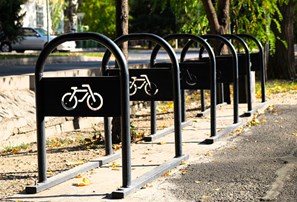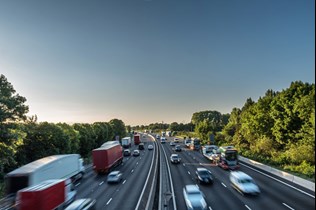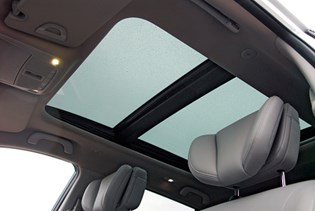With fuel prices set to rise, and dangerous levels of air pollution now commonplace, the pressure to make transport improvements is growing all the time.
Clean Air Plans in Greater Manchester
Air pollution from vehicles is linked to a range of very serious health conditions and contributes to early deaths. Greater Manchester is taking action to improve air quality on local roads by introducing a Clean Air Zone across all 10 of the local authority areas. It is expected that a Category C Clean Air Zone will be introduced from spring 2022.
Vans, buses, coaches, taxis, private hire vehicles, minibuses and heavy goods vehicles that do not meet emission standards would pay a daily charge to travel in the Zone. Private cars, motorbikes and mopeds are not included.
Eligible vehicle owners in Greater Manchester will be able to apply for financial support to help upgrade their vehicles to avoid the daily charges.
To find out more information, and check if your vehicles will be impacted, visit the Clean Air GM website: www.cleanairgm.com
Making fuel savings
By addressing vehicle use in your business you can significantly reduce your fuel bills, cut your emissions, reduce wear and tear to your vehicles, and improve driver safety at the same time. Depending on the size and location of your fleet, fuel efficiency measures could save you as much as 15% of your fuel bill.
Here are some simple changes you can make to the way you manage fuel and transport in your business, to help improve fuel efficiency and cut costs:
Staff travel
- Improve facilities for cyclists (bike racks, showers, lockers) to encourage cycling to work.
- Introduce a ‘cycle to work scheme’ to the company to improve the health of your workforce as well as save fuel. Cyclescheme is an employee benefit that save you money on bikes and accessories – more information can be found on the Cycle Scheme website.
- Encourage the use of public transport or car sharing by staff, to minimise emissions from travel.
- For employees who have to drive into work, providing efficient driver training can reduce fuel consumption by 20%.
- Consider installing electric vehicle (EV) charge points for employees with electric vehicles. The Workplace Charging Scheme offers grants to help with the costs of installing EV charge points at your workplace.


Driving Technique
- Minimise mileage by combining loads and finding the shortest routes.
- Avoid carrying unnecessary weight as heavy loads put more strain on a vehicle.
- Keep your speed down to save fuel and check your vehicle manufacturer's guide to find the most fuel-efficient speeds for town and motorway driving.
- Drive smoothly, by avoiding sudden braking or accelerating, and reduce your speed to save fuel.
- Challenge your staff to drive more efficiently by creating a miles per gallon 'leaderboard' to monitor progress.
- Consider homeworking and video-conferencing to reduce the need for business travel.
- Turn off your engine when you’ve stopped for a minute or so to save fuel.
Vehicle management
- Ensure that tyre pressures are maintained at the correct level to maximise fuel efficiency.
- Keep air conditioning to a minimum as it increases fuel consumption.
- Close windows and sun-roofs to reduce drag, which reduces your fuel efficiency.
- In the UK, company cars are taxed both on value and emissions, so look for a low-emission model to save on costs.
- Consider upgrading to electric vehicles. The plug-in grant offers grants towards the purchase of electric vehicles: https://www.gov.uk/plug-in-car-van-grants
- EV drivers also pay less Benefit-in-Kind tax and 0% Vehicle Excise Duty. They are also exempt from paying Clean Air Zone charges.
